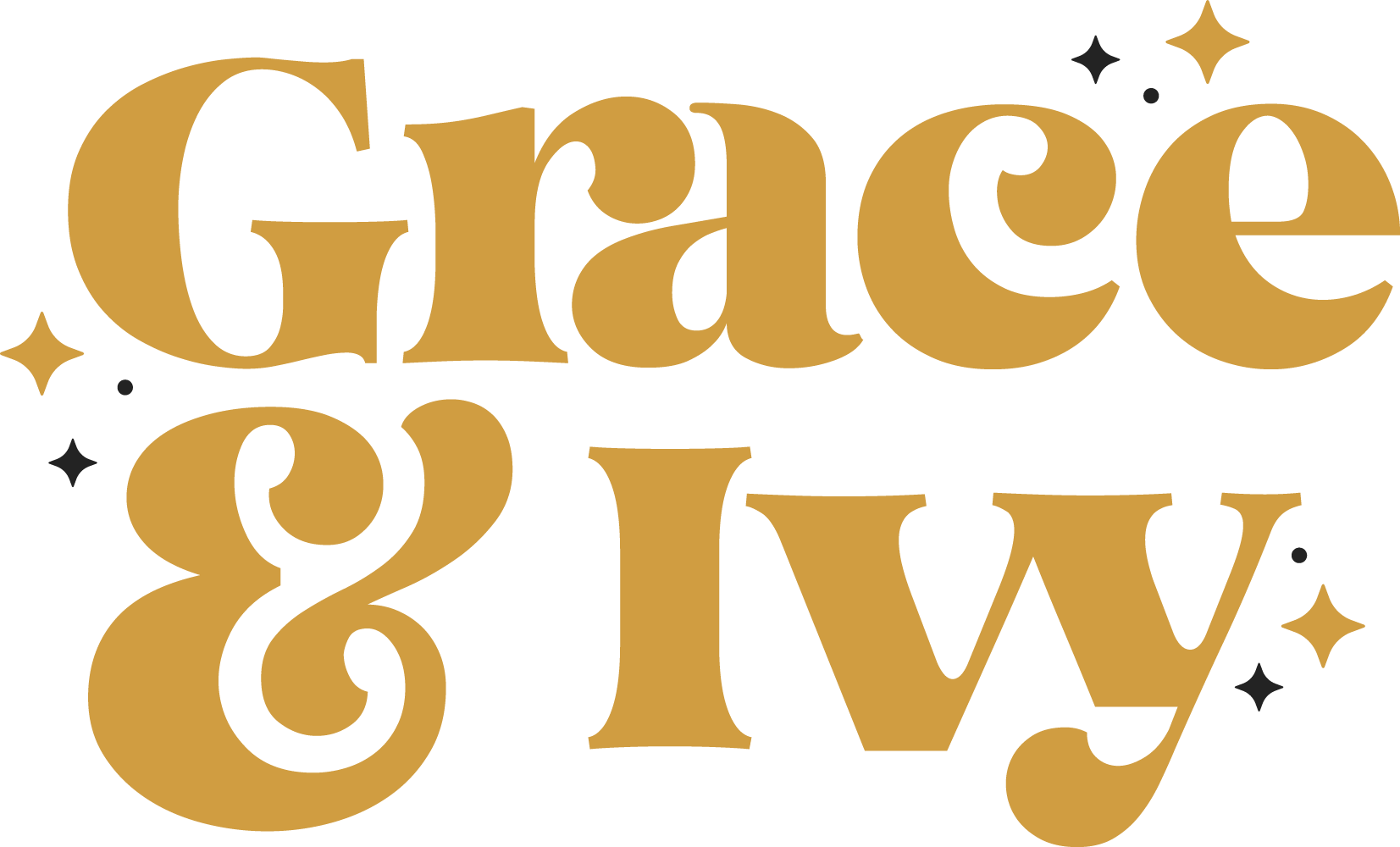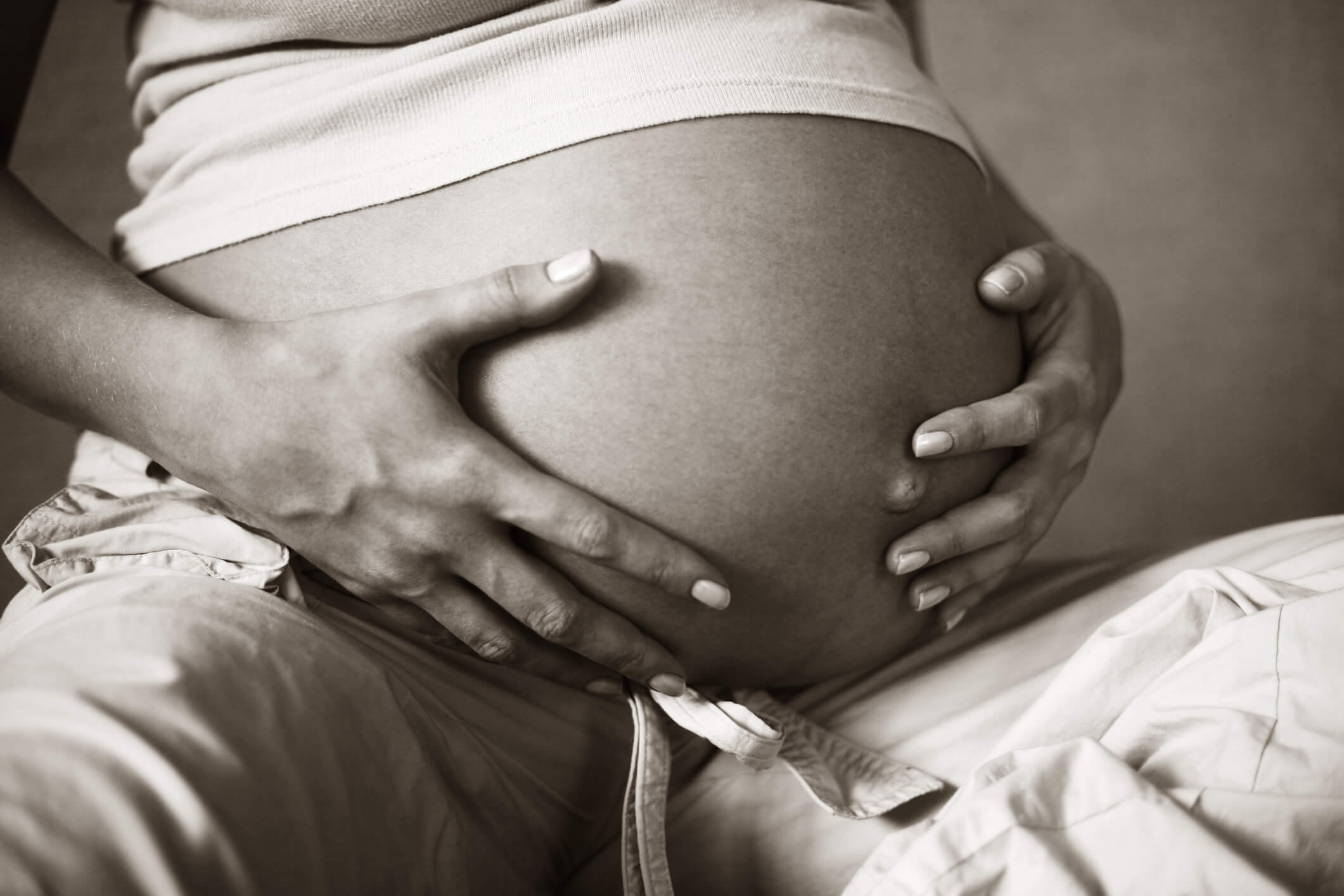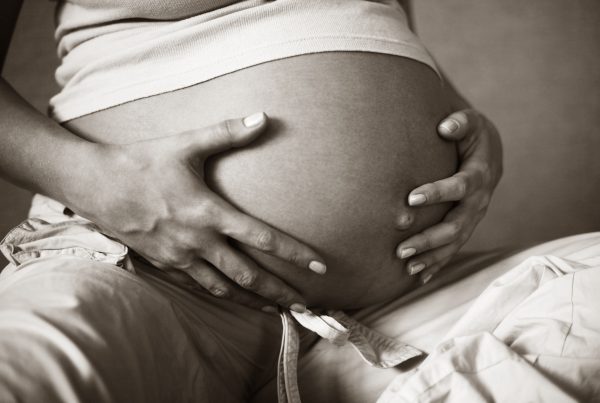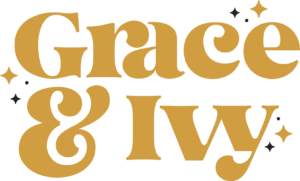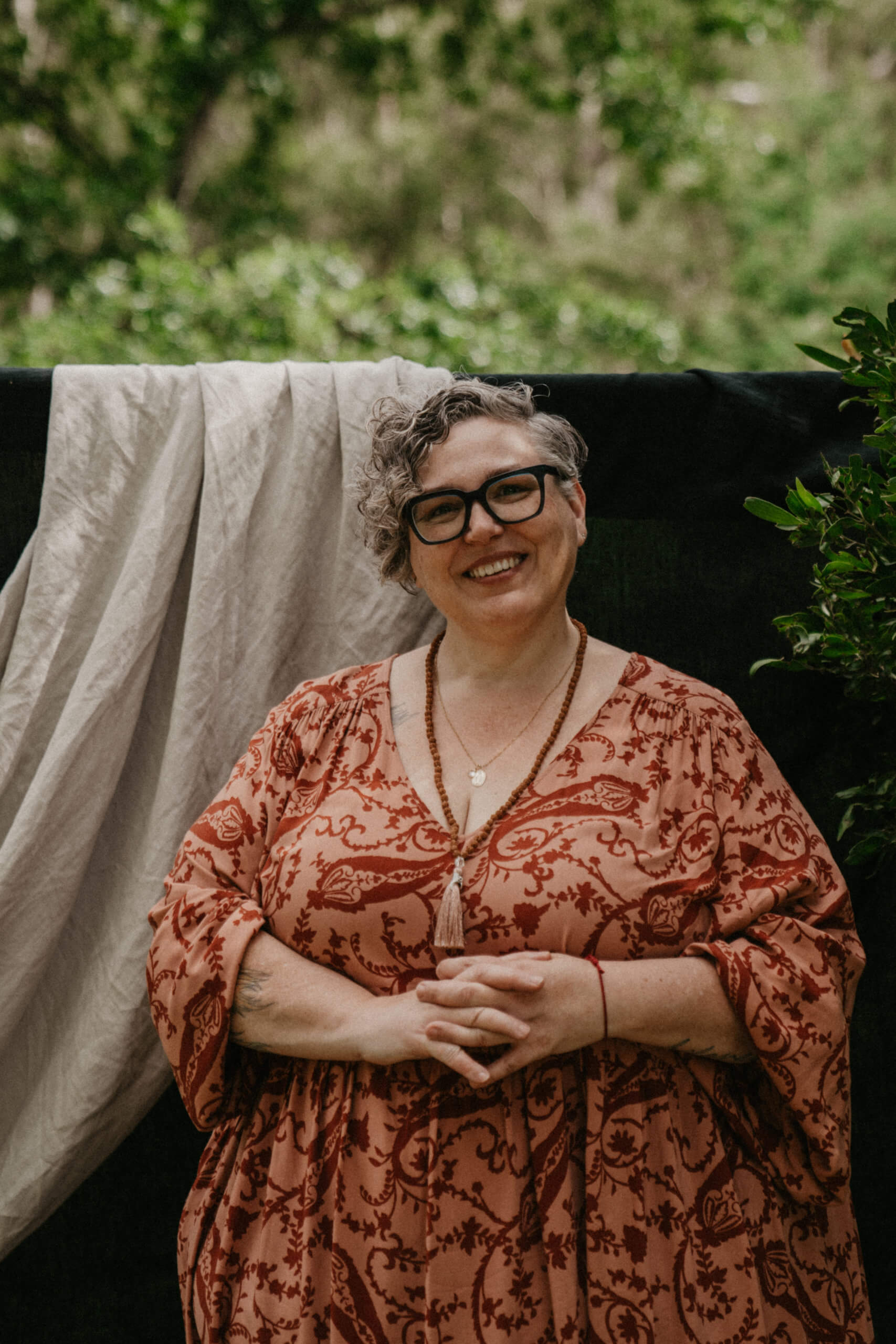Last week I was approached by someone asking if their NDIS funding could be used to hire a Doula. As a Doula obsessed with ensuring all birthing people have a Positive Birth Experience this question got me thinking…and researching!
As it turns out, I am very happy to say that the short answer to this question is yes.
A Doula is basically a support worker. A highly trained and specialised support worker, but a support worker nonetheless.
Just like a Support Worker who assists with travel training or life skills development, a Doula can be hired to help you develop skills related to labour and birth or learning to live life as a new parent (postpartum).
Now NDIS can be tricky and confusing, so let’s break it down…
If you have an NDIS plan that has funding for Core Support or Capacity Building Support you should be able to use your funding to hire a Doula.
The different funding management styles of the NDIS is what causes the complication to arises.
A Doula can to be hired by an Agency Managed Participant through an NDIS registered provider/agency, as their payment will need to be processed through the NDIS portal like all other Agency Managed support. This can complicate matters as there are not many agencies that have trained and qualified Doulas on their support worker lists.
By hiring a Doula through a private contract using their ABN, a Plan Managed or Self Managed Participant can treat a Doula contract the same as any other support workers.
What do Doulas do?
Birth Doulas are trained to provide continuous, one-on-one care. They provide information, physical support, and emotional support to you and your partner.
They are there to support you in whatever decision you make about your pregnancy, labour and birth. You and your birth wishes are the Doula’s primary interest. They are not serving the hospital, midwife or doctor so they do not come with an agenda to have the baby delivered in a certain way or by a deadline.
Doulas do not provide any sort of clinical care or have any medical responsibilities in the birthing room. They provide continuity of care supporting, guiding and educating through pregnancy, labour, birth and postpartum.
A Doula may include the following when supporting you:
- Soothing touch through massage, counter pressure, or rebozo
- Creating a calm environment by dimming lights, lighting candles, playing music, using essential oils
- Assistance with water therapy in the shower or bath
- Applying warm or cold compresses
- Helping with working through fears and self-doubt
- Providing praise, encouragement and reassurance
- Suggesting techniques and comfort measures, such as breathing, relaxation techniques, movement, and positioning
- Helping find evidence-based information about different options in pregnancy and childbirth
- Helping explain medical procedures before or as they occur
- Assisting with skin to skin and bonding
- Encouraging you to ask questions and verbalise your preferences
- Amplifying your voice by saying something like, “Excuse me, I’m not sure you heard what she said because you aren’t following her wishes”
- Ensuring you are aware that a provider is about to perform an intervention. The Doula may point out what it appears the midwife or doctor is about to do, and ask you if you have any questions about what is about to happen. For example, if it looks like the doctor is about to perform an episiotomy without your consent I might say “Dr. Jones has scissors in his hand. Do you have any questions about what he is wanting to do with the scissors?”
What don’t Doulas do?
- Perform clinical tasks such as vaginal exams or fetal heart monitoring
- Give medical advice or diagnose medical conditions
- Make decisions for you or your partner
- Pressure you into making choices based on their own personal preferences
- Take over the role of the partner
- Catch the baby
What do Postpartum Doulas do?
A Postpartum Doula supports new families in the period directly after the birth of their baby providing them with physical, emotional and informational support. To sum it up the Postpartum Doula “Mothers the Mother”.
Traditionally, birthing people have had their family and “village” around them to support them after birth. Helping them recover and learn to care for their newborn and settle into being a parent. Today, we no longer have these groups of wise women who support new mothers and care for them after birth. Once discharged from hospital, new families are often left to figure it all out for themselves.
This is where the Postpartum Doula comes in!
A Postpartum Doula will provide you with culturally appropriate emotional support to assist with the transitions of the postpartum period. They will respect your parenting style, provide you with opportunities to ask questions or raise your concerns all while providing you with encouragement, opportunities for rest, personal care and healing.
The Postpartum Doula also demonstrates newborn care, assists with breastfeeding or babywearing, assists with caring for older children while you bond with your newborn, and attempts to fill in any gaps in knowledge and skill as they may arise.
How will I work with you and your disability?
A study presented in BMC Pregnancy and Childbirth Journal found that women living with disability have not received care that has been modified or individualised based on their particular needs. This has often resulted in unnecessary interventions and unexpected outcomes .
Having over 15 years of experience working with people living with disability I am passionate about diversity, equality and inclusion. This drives me to ensure I provide an accessible service to those I support.
I understand that depending on your disability you may need the usual pregnancy, labour and birth support altered to suit your particular circumstances.
Along with my doula skills, I will use the following to ensure you have the labour and birth you desire:
- Be mindful of the words I use when working with you. Noting your preferred terminology to describe your disability and ensuring your birthing team knows to use it
- Ensure you understand what is happening and any medical lingo being used
- If you find it helpful, I will include your support attendants or family members in discussions and birth plan development
- Educate myself on any adaptive/accessible baby and parenting equipment that may assist with your labour, birth, breastfeeding or parenting. I can also work with your Support Coordinator to have this equipment purchased through your NDIS plan, if possible
- Work with you to educate your support staff about any added symptoms or complications you may experience. I will also cover how to identify those that may be particularly problematic including autonomic dysreflexia or deep vein thrombosis, for example
- Work with you to ensure that your health care providers focus on your abilities, rather than your disabilities
- Modify the Childbirth Education I deliver to you
- Work with you to write a suitably modified birth plan
- Ensure your questions are answered and you are heard by your medical team
- Work with you to trial and test birthing positions that work for you
As a pregnant person or new parent living with disability the skilled support of a Doula could make or break your experience.
Contact CoAbility or Grace and Ivy to discuss how your NDIS funding can help you hire a Doula.
